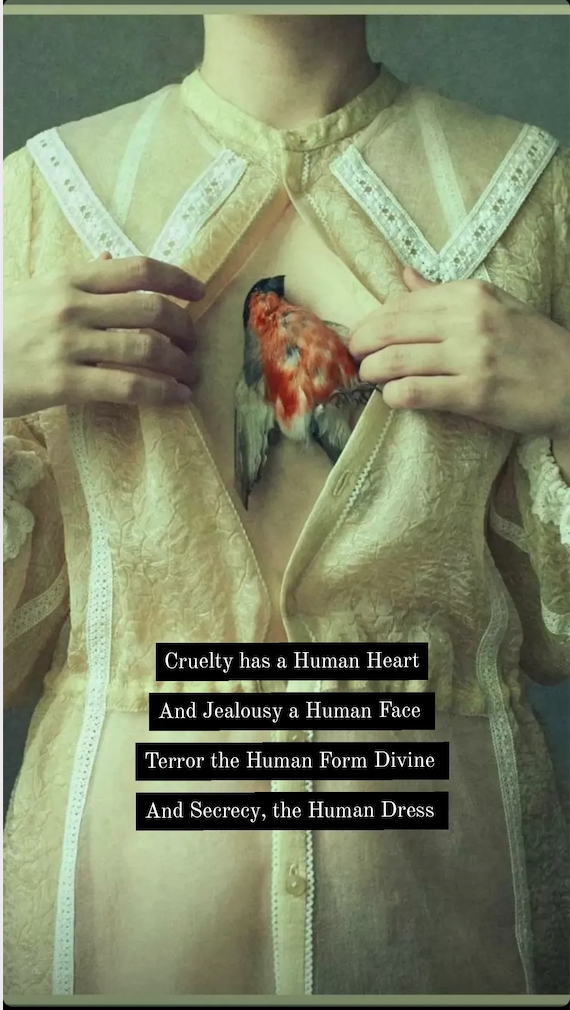The French female narrator, Cécile, seems to be intelligent and a bit immature. She explores her own first sensual and sentimental experience. The immorality and sensuality of the characters would seem less shocking today, but this is indeed a very daring and matter-of-fact account during a time when such things were unbecoming, especially amongst the bourgeoisie.
The novel is well-written, but I found it vain and superficial because it was written at a time when the French were brutally colonizing and exploiting Algeria. It is very sad that millions of Algerians died or suffered so that some French boogies can spend their days sun-bathing and surfing and nights drinking, dancing, and engaging in debauchery. I understand that this account was written by a teenager and I do not expect any moralizing or noble truths from such a work, but what I found even more repulsive was that the adults were also acting like immature teenagers. The narrator is nothing more than an entitled, spoiled daughter of a rich promiscuous man whose girlfriend is a bone in the narrator’s throat because she gets in the way of her sexual pursuits.
Maybe if I read this as a teenager I would have found it enjoyable. I also found the ending to be a bit hyped beyond the necessary. I think it would have sufficed for Anne, the stepmother, to drive off and leave the decadent father and daughter to their lifestyle. Perhaps the only positive thing about the narrator is her scrupulousness in assessing herself in relation to the other characters. She is able to capture the melodrama and indifference of teenagers very well. I certainly remember as a teenager overreacting to the smallest things and disregarding bigger things more worthy of my attention and regard. For example, she is aware that Anne would make a good stepmother. She is also aware that her father’s actions are not the norm. I bet most teenagers reading this novel would sympathize with the narrator and understand her anguish at being locked in her room and her shock and anger when she is banned from seeing Cyril. But, as a mature reader, I personally do not see myself empathizing with her because I know that Anne is doing what is best for her and looking after her way better than her own father. Anne represents everything that Elsa is not. She is respectable, independent, and has a life. All in all, this is definitely not a read I would prescribe to friends or even teens. However, it is well-written and captures what it is like to be an annoying and entitled teenager.
Discussion question:
Does the novel suggest that our sense of self shapes our sense of ethics?
The narrator wonders about the reason for the superficiality of her identity. Would experiencing the lives of others through written mediums or others contribute to our sense of self or help us discover different aspects of our identity?
